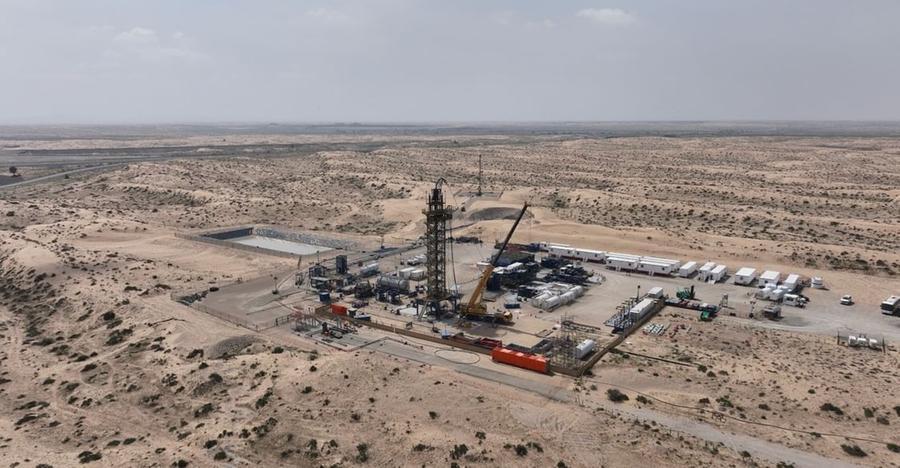
The journey to net zero once sparked a wave of optimism across the globe, with ambitious targets set for 2030, 2040, and 2050. However, recent global challenges, such as the Ukraine conflict, have underscored the complexity of reaching these targets.
When energy security is threatened, priorities can quickly shift, and immediate needs may temporarily outweigh long-term goals. But these challenges have also brought new clarity and resolve, highlighting the need for adaptable strategies that balance energy reliability with sustainability.
Our decarbonisation journey at SNOC began over a decade ago, when we were still operating as part of BP. Since then, we’ve achieved meaningful reductions in flaring and methane emissions, developed systematic tracking of greenhouse gases, and published our first emissions report in 2021. Committed to reaching net zero by 2032, we’re launching impactful projects, including a solar plant expected to reduce our emissions by over 50 percent.
Collaboration is key
Yet, as an industry, we know that success demands more than individual actions. It calls for a united, cross-sector approach, harnessing the power of collaboration, innovation, and shared commitment.
Achieving net zero extends beyond the energy industry. It involves every sector—transportation, heating, aviation, and more—and requires deep partnerships between governments, businesses, and communities. The role of natural gas as a bridge fuel exemplifies this complexity; while a cleaner option, it still emits CO₂, underscoring the importance of pairing it with technologies like carbon capture as we increase renewable capacity.
Transitioning to renewables also requires a vastly expanded electricity grid capable of handling the rising demand fuelled by data centres, artificial intelligence, and other innovations.
The potential for energy efficiency is enormous. But to unlock it, we must modernise aging infrastructure and embrace policies that encourage efficient energy use. Carbon pricing, while effective in some regions, remains inconsistent globally, leaving a gap in the incentives needed to accelerate decarbonisation. Meanwhile, geopolitical events can influence climate priorities, reminding us of the need for resilient and adaptive strategies.
Rising to the challenge
The oil and gas industry is facing an unprecedented challenge: achieving net-zero emissions while continuing to meet the world’s energy demands. Yet, rather than resisting this transformation, the sector is rising to the occasion with a variety of strategies and solutions that set a new benchmark for sustainable energy.
As we look to the future, it’s clear that significant progress has been made, but the path ahead remains complex. The key to success lies in embracing innovation, fostering strong partnerships, and striking a balance between economic growth and environmental responsibility.
The oil and gas sector has the potential to lead the charge toward a low-carbon future, proving that resilience and sustainability are not mutually exclusive but can, in fact, go hand in hand.
(The author is CEO of UAE-based Sharjah National Oil Corporation (SNOC). The government-owned company serves as the oil and gas industry executive arm of the Emirate of Sharjah, under the auspices of the Petroleum Council of Sharjah.)
(Any opinions expressed in this article are the author’s own)
Subscribe to our Projects’ PULSE newsletter that brings you trustworthy news, updates and insights on project activities, developments, and partnerships across sectors in the Middle East and Africa.










